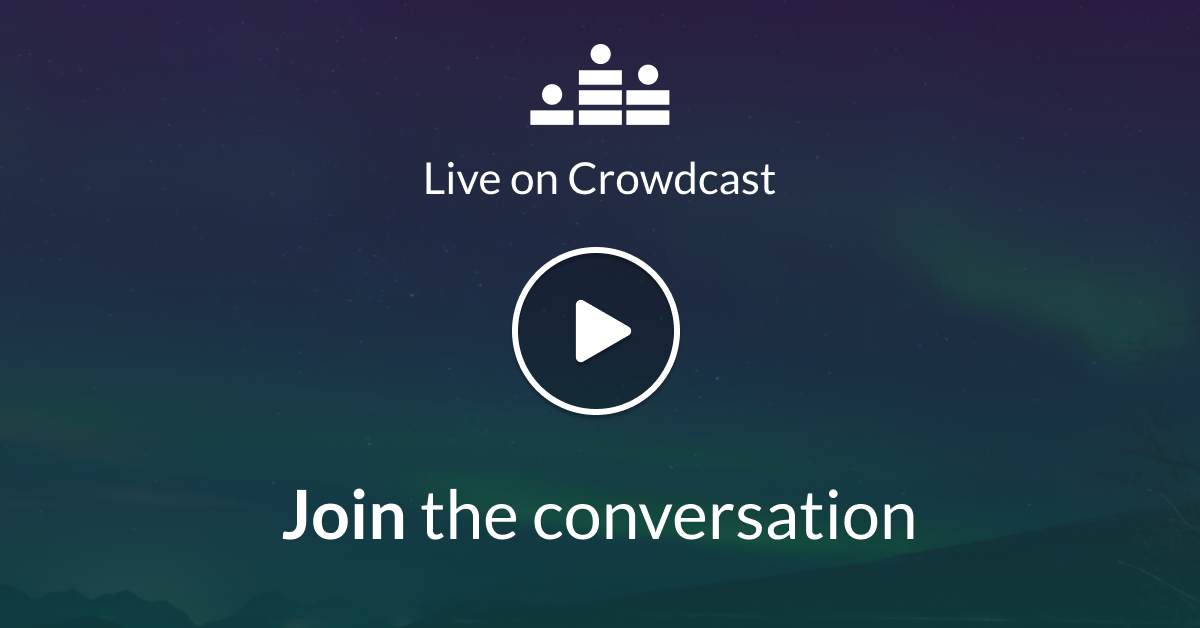In these challenging times, educators and other influencers are in need of tools that they can use with students both online and in-person. The ACT Matrix laminated guide was built to promote psychological flexibility and safety with students and adults of all ages. Dr. Polk and I are on Crowdcast now three times per week with free webinars helping to spread psychological flexibiity to the world. The Guide is our way of putting it directly into the hands of anyone working to make a difference. It will free you up to do more teaching, help your students with obstacles, and give everyone a shared language that grooms cooperation and collaboration.
Click on the box below. You can sign up (it’s free) to watch the replay where we introduce the ACT Matrix Guide and get started right away!
TH ACT MATRIX GUIDE AT CROWDCAST

